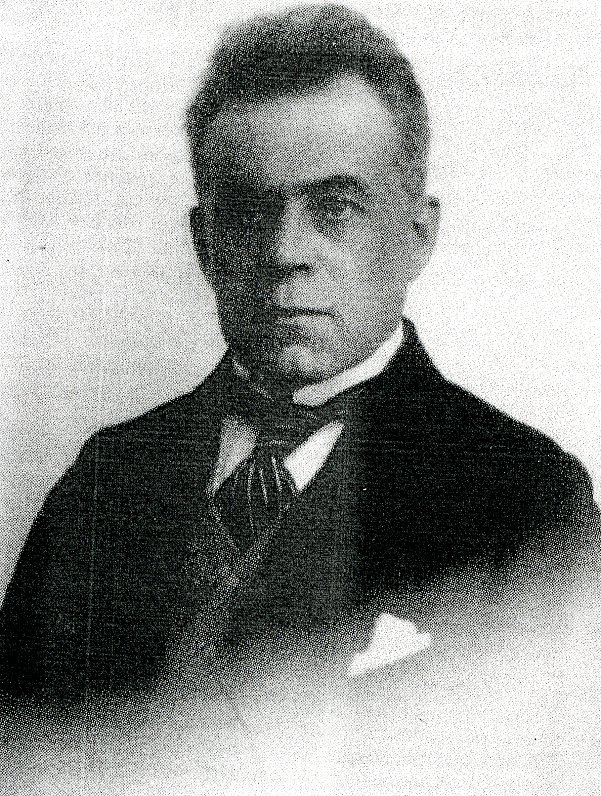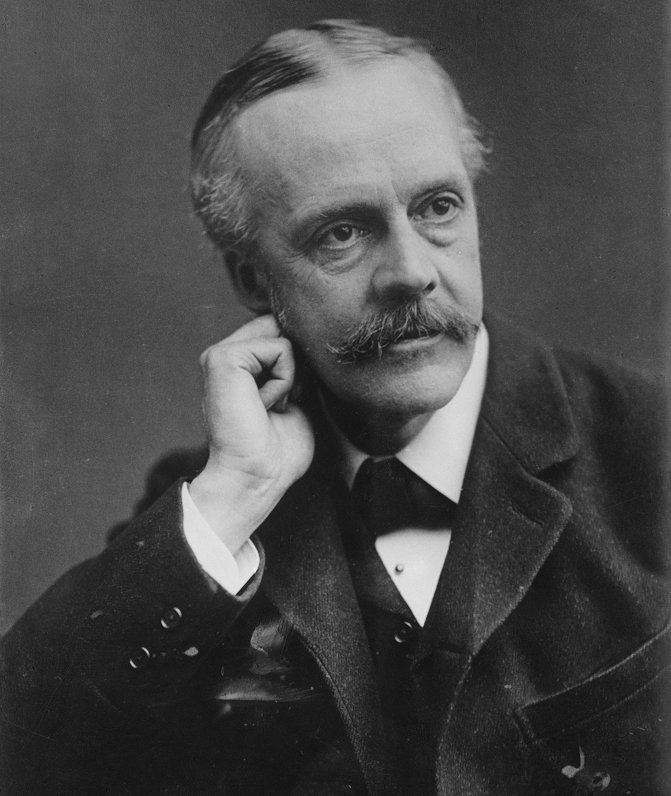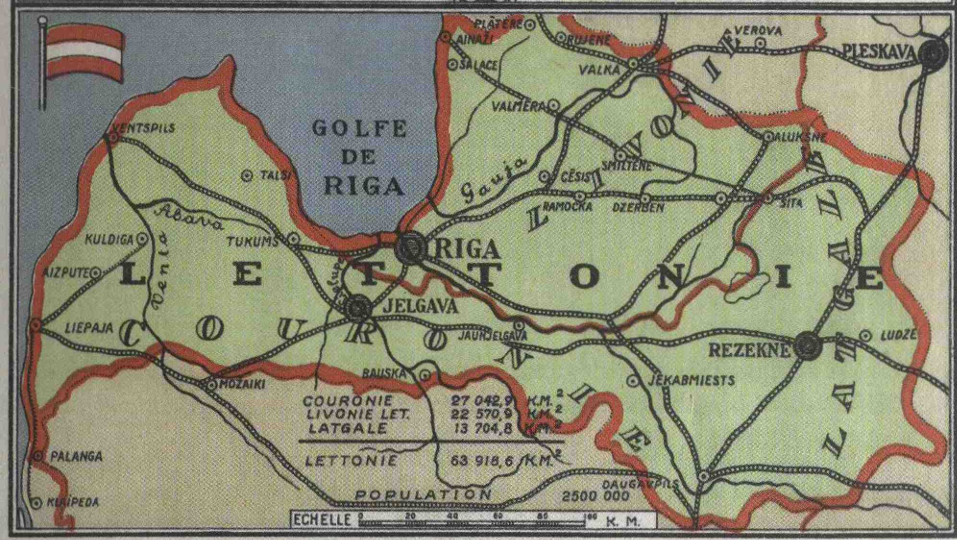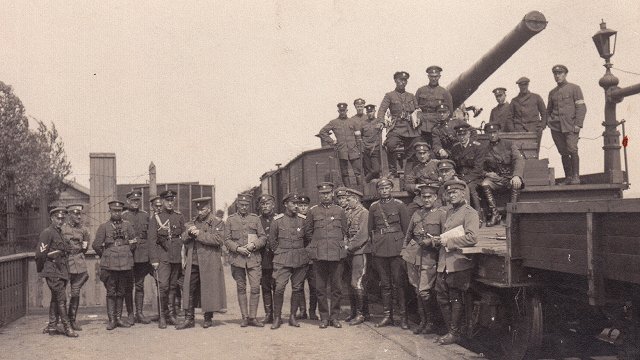The resolution was prepared by the Democratic Bloc, which was an informal union of parties under the German occupation.
The end of the war and the people's self-determination
By October 1918 it became evident that Germany will lose the First World War. On the Western front, the German army suffered one defeat after another, and its allies too gradually withdrew from the war. In this situation, Germany did all it could to achieve as good terms as possible for the upcoming peace negotiations.
Prince Maximilian of Baden, a more liberal figure, was made head of the German government. An announcement was made that Germany is ready to come to terms based on Woodrow's Fourteen Points.
One of the main principles that the American president argued for was the nations' right to self-determination. Therefore the European nations, hitherto oppressed, had the chance to set up their own national states.
The Democratic Bloc
The Democratic Bloc was set up by Latvian politicians who had remained in German-occupied Rīga in late September, 1917. It was not an official organization but rather a consultation center where politicians of all Latvian parties, except the Bolsheviks, congregated. It was an illegal operation that wanted Germany to recognize Latvia's independence.
The Democratic Bloc's demands
-
Latvia is an independent, sovereign state that can choose its own form of government
-
Being subject to international relations, Latvia makes independent decisions over its relationship with other countries
-
Following the end of the war, Latvia will send its own representatives to the Peace conference
- The Latvian Provisional Government, made up by the largest parties, will immediately take over the domestic and foreign affairs of the state until the convocation of the Constitutional Assembly
- The Latvian Provisional Government will take steps to create an army and ensure domestic order
- All prisoners of war of Latvian nationality and living in Latvia must be freed immediately

Balfour memorandum
On October 23, 1918 the British Foreign Minister lord Arthur James Balfour met Zigfrīds Anna Meierovics, a representative of the Latvian Provisional National Council, assuring that the provisional government would be recognized as the de facto government. On November 11, Balfour confirmed this in writing. The document is known as the Balfour memorandum (Latvian: Balfūra nota) and it is considered to be the first step in the recognition of Latvian de facto independence.
On October 25, 1918 the board of the national council sent a letter to Prince Maximilian of Baden, which revealed that the council and the Democratic Bloc are merging. It also condemned the plans of setting up a "Baltic" state and rejected the notion that the unified land councils of Vidzeme, Estonia, Saaremaa and Rīga have the right to represent Latvian residents.
The Provisional National Council declared that it's ready to overtake governing Latvia and forming a national army until a provisional government is set up.
All of these steps were taken before the end of the World War on November 11, 1918 and it testified to the willingness of different political groups to set up an independent Latvia as soon as possible.




























